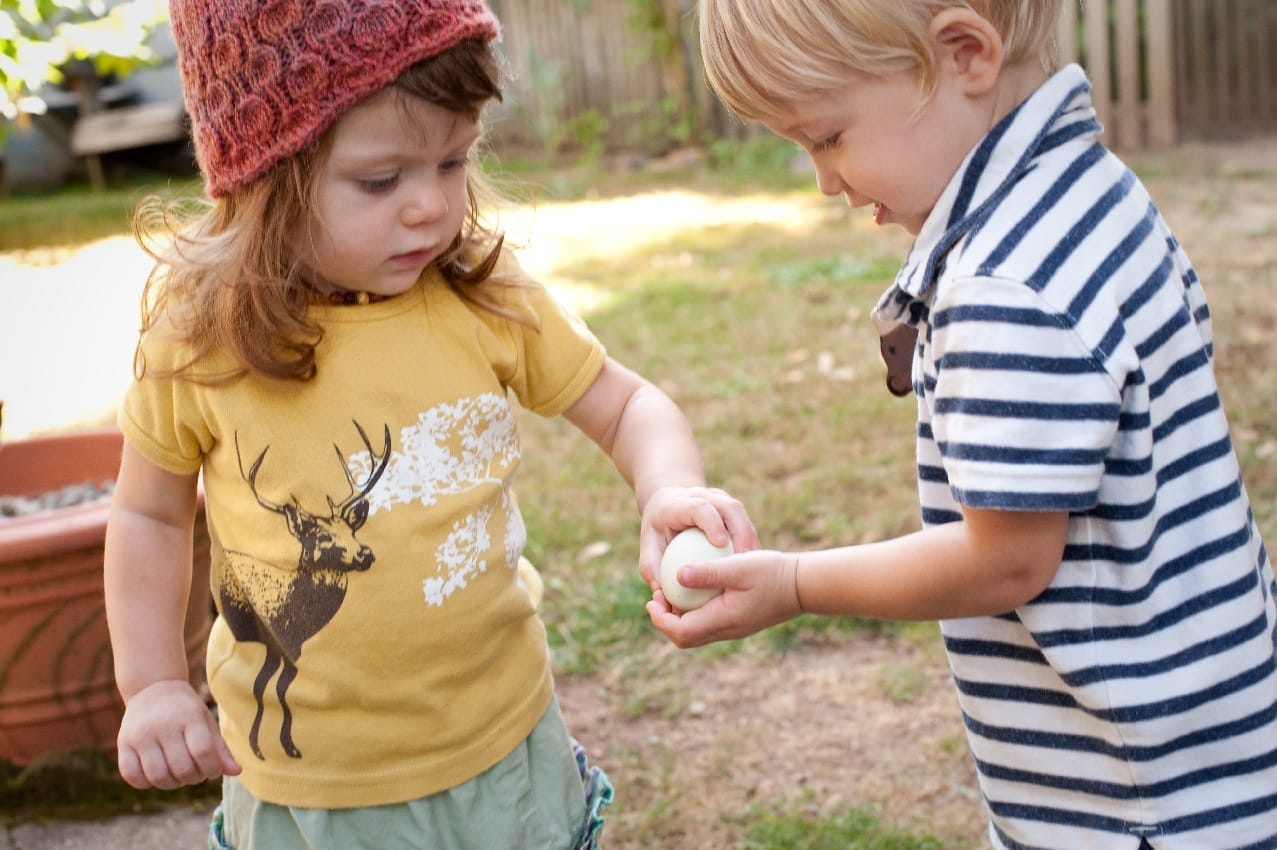
Essay on Cognitive Development of children of 2-6 years old
The topic of the paper is psychological development of children from 2 to 6 age. Thus, developmental psychology studies the age-related changes, that are mechanisms of mental development and causes of these changes. According to cognitive theory, development is a process of evolution of mental structures that are genetically programmed and depend on the maturity of the individual (Berk, 2007).
The most developed and influential is considered the theory by a swiss psychologist Jean Piaget, the founder of the Geneva School of genetic psychology, who particular attention in his theory paid to the inner nature of intelligence and its external manifestations. At the heart of the concept is the position of equilibrium: the external environment is constantly changing, the subject seeks to establish a balance with it. Development of schemes of action, that is cognitive development, goes due to the fact that substantive action is gradually transformed into mental operations. (Berk, 2007)
Cognitive characteristics of development are considered in the context of cognitive mental processes. The cognitive mental processes are the processes associated with perception and processing of information (perceptions). Particular attention is paid to the development of language, which is the most flexible mean of perception according to Piage. Language development is closely related to thinking, which, like any cognitive mental process, has its own specific characteristics. Though Piage did not considered language as a primary factor of cognitive development. (Berk, 2007, p.322)
Speaking about the cognitive development of children 2-6 years old, it must be said about the emotional sphere. The main directions in the development of emotional sphere are that in this age emotions become more complicated, and a common emotional background of the mental life of the child is forming. Period from 2 to 6 years is often called affectivity age due to the fact that emotions are of violent and unstable character, emotional states are changing rapidly. (Berk, 2007)
In this period of affective enriched by new emotions: a sense of humor, moral feelings. The child begins to show empathic emotions – apprehension of emotional state, empathy to the experience of another person, which helps the development of many characteristics which in future will determine the personality. Along with empathy goes the formation of the higher feelings of social emotions. It is difficult to overestimate the importance of studying the affective sphere of child development at this age. It is the emotional troubles of children that specialists call the causes of emotional disorders, behavioral disorders in adults.
It is also important to mention activities at this age that can be divided into two stages: up to 4 years are predominantly objective activity which purpose is to recognize the physical properties of the objective world and improve motor skills. Then the leading activity is gradually becoming a subject-role-playing game, in which children learn the basic conventional roles. (Berk, 2007)
The leading factors of development are communicating with adults and peers, and play as a specific type of activity. In this age of communication and relations with parents for the child is most important, therefore it influences directly on the later child’s behavior in society.
The child’s relationship with the parents determine if the child will grow as sociable, friendly and open, or evil, hypocritical and deceitful in communicating with peers.

